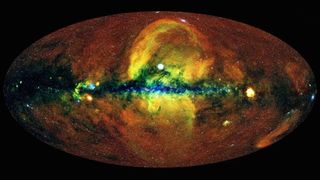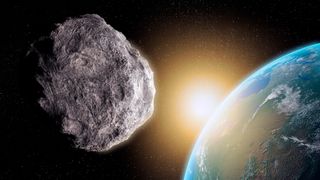Space
Explore Space
Editor's Picks
Latest about Space
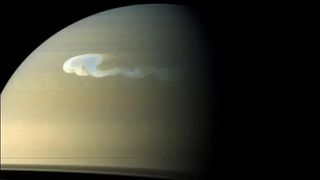
Saturn's planet-wide storms driven by seasonal heating, Cassini probe reveals
By Sharmila Kuthunur published
Saturn pumps into space varying amounts of heat based on its seasons, which drives planet-wide storms, data from NASA's Cassini mission has revealed.
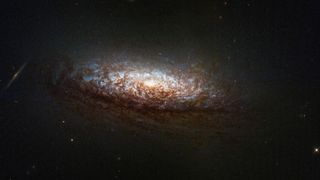
Space photo of the week: Hubble roars back to life with exquisite image of nearby galaxy
By Jamie Carter published
The sparkling galaxy NGC 1546 stars in Hubble's first new image since changing to its new "one-gyro mode," ending the telescope's roughly month-long break.
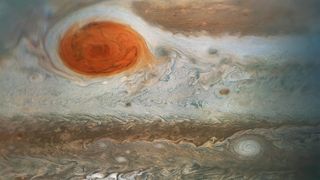
Is Jupiter's Great Red Spot an impostor? Giant storm may not be the original one discovered 350 years ago
By Stefanie Waldek published
Astronomer Giovanni Cassini observed Jupiter's 'Permanent Spot' in 1665, but new research suggests it's a different vortex from today's Great Red Spot.
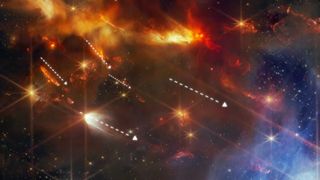
James Webb telescope spots a dozen newborn stars spewing gas in the same direction — and nobody is sure why
By Brandon Specktor published
The James Webb telescope has spotted a peculiar group of baby stars firing enormous jets into space at nearly the exact same angle. The discovery could hold new insights into how stars are born.
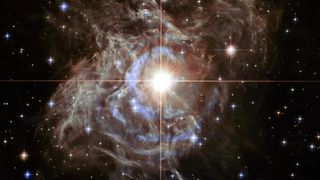
The unexpected behavior of pulsing stars could help us measure the universe
By Samantha Mathewson published
New research offers the most precise measurements yet of pulsating Cepheid stars, which could reveal new clues about the immense size and scale of our universe.

A 'new star' will appear in the sky any night now. Here's how to watch the Blaze Star ignite.
By Jamie Carter last updated
The "Blaze Star" T Coronae Borealis is expected to erupt with a magnificent explosion sometime between now and September, becoming visible to the naked eye. Here's how to find it when it does.

The 2024 summer solstice will be the earliest for 228 years. Here's why.
By Ben Turner published
The time of the annual summer solstice will be the earliest it's been for centuries and will continue to creep forward every leap year until 2100. But why?
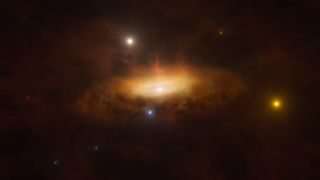
Supermassive black hole roars to life before astronomers' eyes in world-1st observations
By Ben Turner published
Astronomers may be watching a supermassive black hole "waking up" from a long slumber for the first time ever. The researchers think the black hole may have gotten its hands on a glut of new material to devour, causing an uptick in brightness.
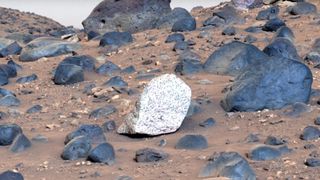
'1st of its kind': NASA spots unusually light-colored boulder on Mars that may reveal clues of the planet's past
By Kristel Tjandra published
NASA's Perseverance rover spotted a bizarrely light-toned boulder on Mars, the likes of which have never been seen before.
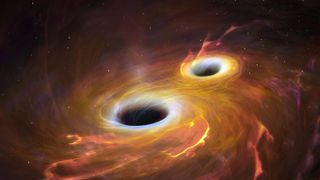
Astronomers discover the 1st-ever merging galaxy cores at cosmic dawn
By Ben Turner published
Two superluminous quasars, or active black holes at the centers of large galaxies, were found just 900 million years after the Big Bang — the earliest detection of a pair of merging quasars ever seen.
Sign up for the Live Science daily newsletter now
Get the world’s most fascinating discoveries delivered straight to your inbox.

